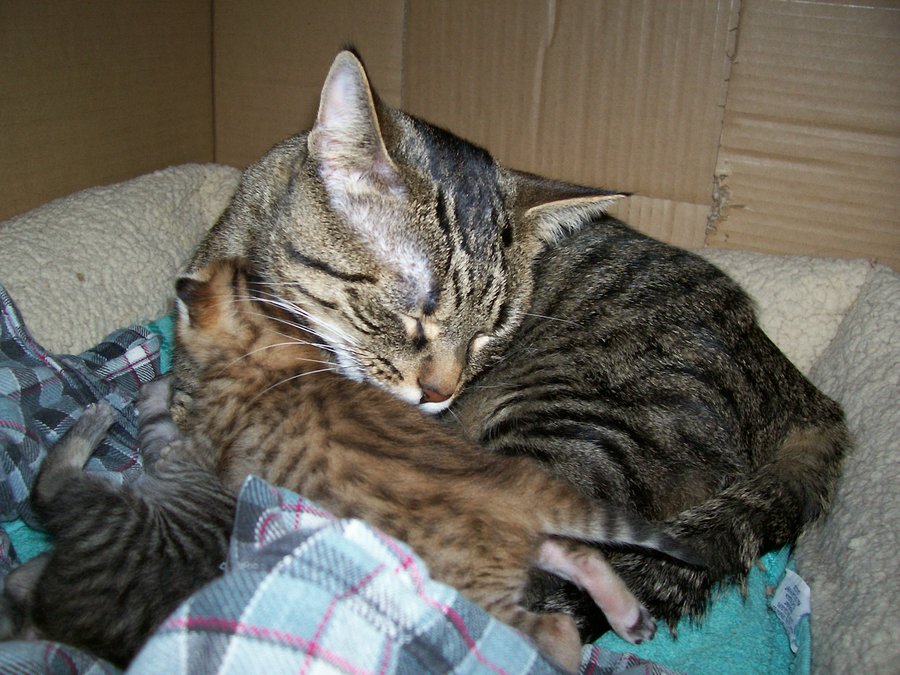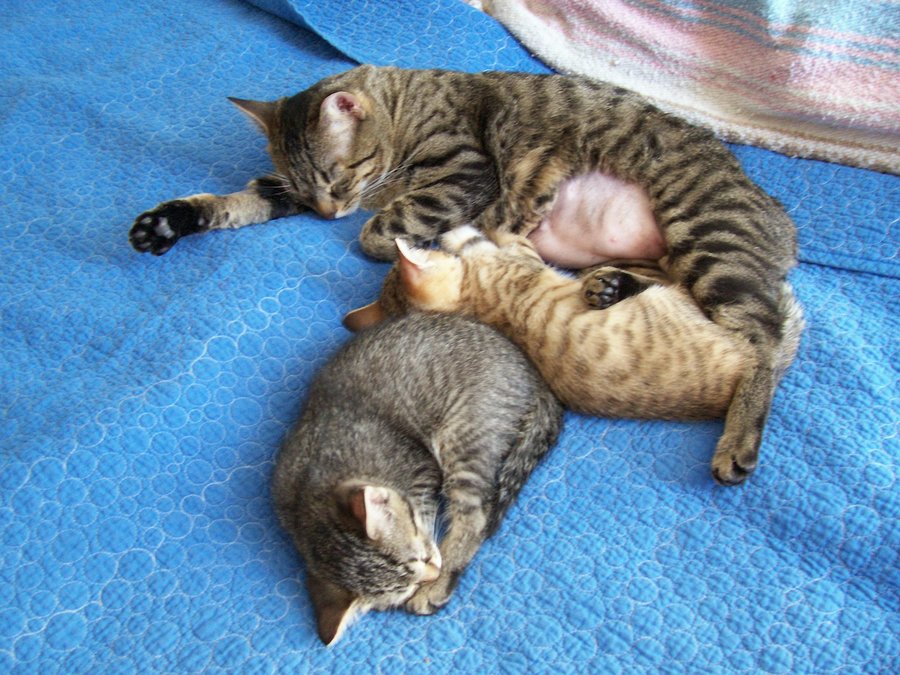- Joined
- Apr 18, 2015
- Messages
- 76
- Purraise
- 17
To Denice -- again, where is the quantitative evidence? What exactly is the risk of pyometra? (From what I've read it's lower in cats than in dogs.) How does the risk of pyometra balance against other (poorly investigated) health effects of spaying? How does the use of a teaser tom as opposed to allowing dry heat cycles affect pyometra risk? (My queen has only cycled a few times this year because she is "bred" on every heat.) Are repeat dry heat cycles preferable to repeat pseudopregnancies, with attendant progesterone exposure? What about an ovary-sparing spay? -- These are possible in dogs, why not cats?
Last edited:














